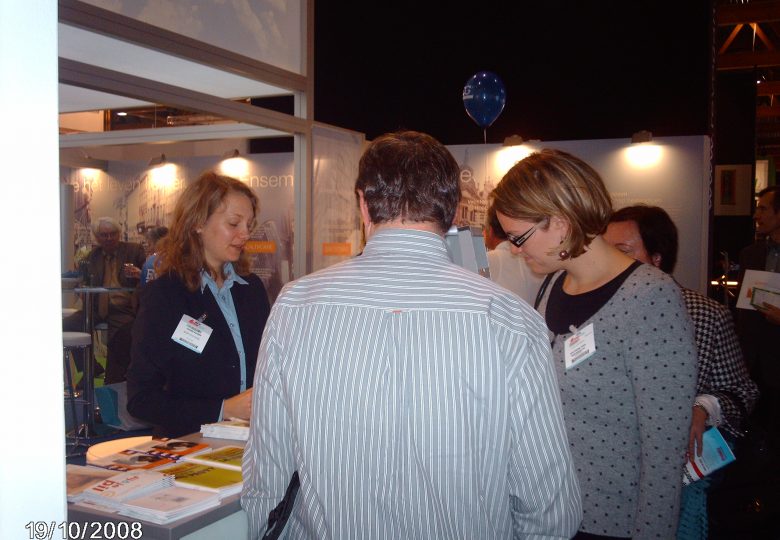How unbiased are your experts really – a pledge for common sense

About industry influence on experts and opinion leaders and the importance to use your common sense.
Rather than only relying on “scientifically proven” concepts, I appeal a lot to a concept often underused these days: Common sense and intuitive knowing. In my opinion, people often trust credentials blindly, even if what those “experts” say goes against the most basic common sense.
I have personally been confronted with people trying to discredit me and my work because I do not have an official University degree in nutrition. It’s true, I don’t. And I don’t think I need it. If you think I do, then we are simply not a good fit and you should look for one of the many registered dietitians out there. Personally, I believe in results and practical experience, not titles or theoretical knowledge (at least not as a stand-alone). I managed to find peace with food and my body, reclaim my energy and rebalance my hormones. Those are my most important qualifications and I value them far more than my certifications as Holistic Nutrition Counselor, Metabolic Typing Advisor, Chinese Medicine Nutrition Counselor and Eating Psychology Coach.
The reasons why I am relatively unimpressed by “scientific research” and follow more of a “common sense” approach in my life and in my practice is because real science is rather rare these days. There is a lot of “bad” science, influenced by commercial interest or ideological bias. During my more than 10 years working for the pharmaceutical industry I have experienced hands-on how assumingly “unbiased” studies and experts are often not so unbiased after all.
It is a very common practice of companies – or even individuals – to make use of like-minded academics to give more weight to their messages. While quoting an expert to give arguments more weight is not a crime as such, the problem starts when money gets involved. On the one hand, the Pharma and Big-Ag (industrial agriculture) world is much stronger financially than small organic farmers or providers of natural, alternative healthcare, which results in disproportionally more studies on topics of interest to these big players than on natural alternatives. On the other hand, sponsoring studies might also lead to “scientists” becoming biased and looking at data only from one side, or even cherry-picking results. Many doctors in the health or nutrition world are exposed to biased information already during their studies. This is due to the tight links between the companies and government, and as a result also official recommendations and education content and materials.
Besides consciously manipulating studies, research can also be flawed due to poor design and results can end up being misinterpreted. Especially in nutrition it is extremely hard to set up well designed studies. Most lay people are understandably not able to differentiate between poorly and well-designed studies. This is where the value of peer-review comes in – at least supposedly. Unfortunately, a lot of bad science has been published under this umbrella as well… as experiments with fake articles have shown…
Of course, scientific research IS important and of course we should listen to the experts. My point is to not over-rely on them and to accept everything they say without questioning it. Not everything that comes from science is useful, and not everything useful is studied by science. I can probably find you a study or a doctor to support each and every single argument or opinion out there. I want you to ALWAYS use your own common sense and critical thinking as well. You are much smarter than you think, if only you trust your own inner expert and intuition, that know exactly what’s good and right for you and the rest of this planet!
So instead of looking out for scientific references for each and every claim you encounter, I invite you to take in the provided information with an open mind, let it resonate inside of you, experiment with it, and conclude for yourself whether it makes sense or not.
